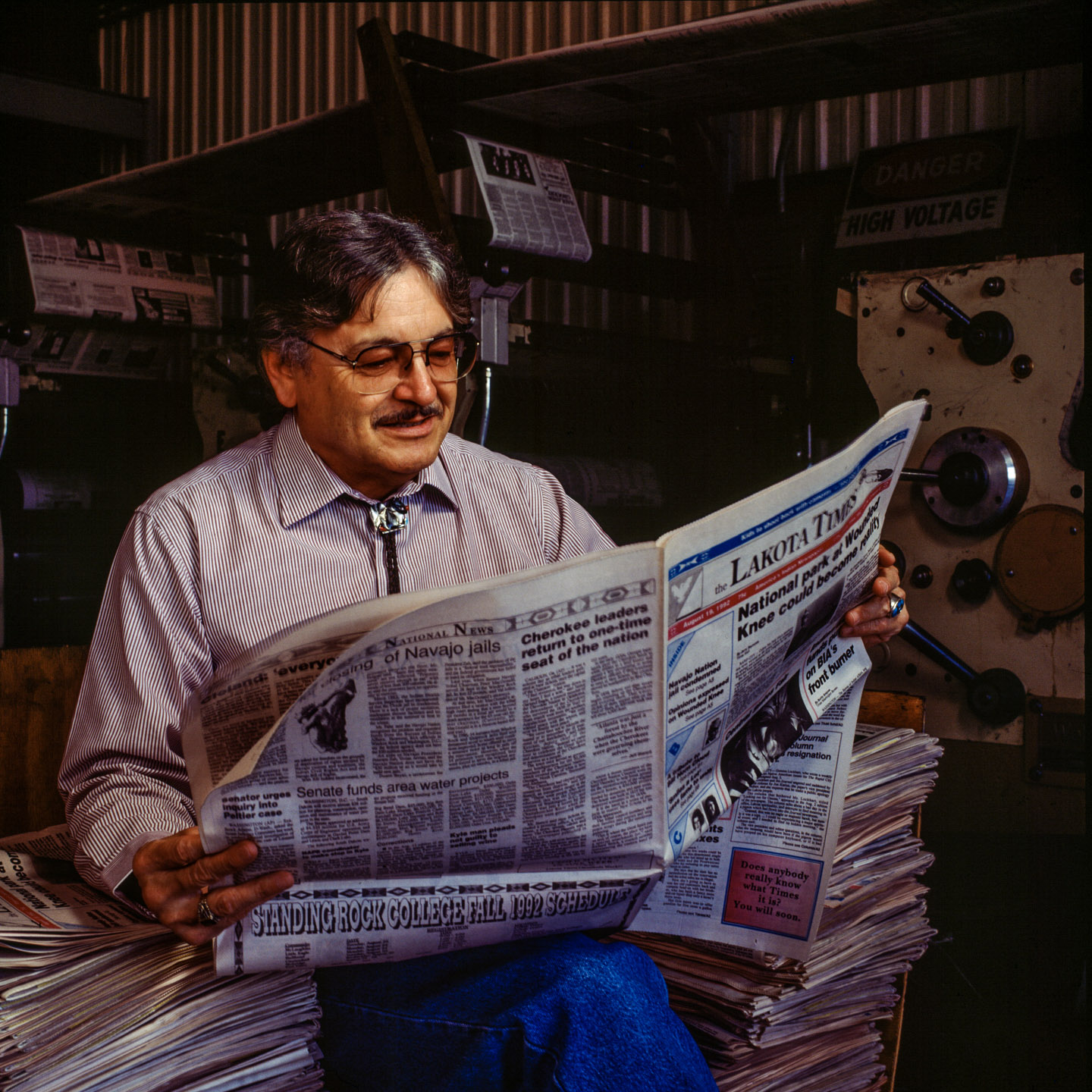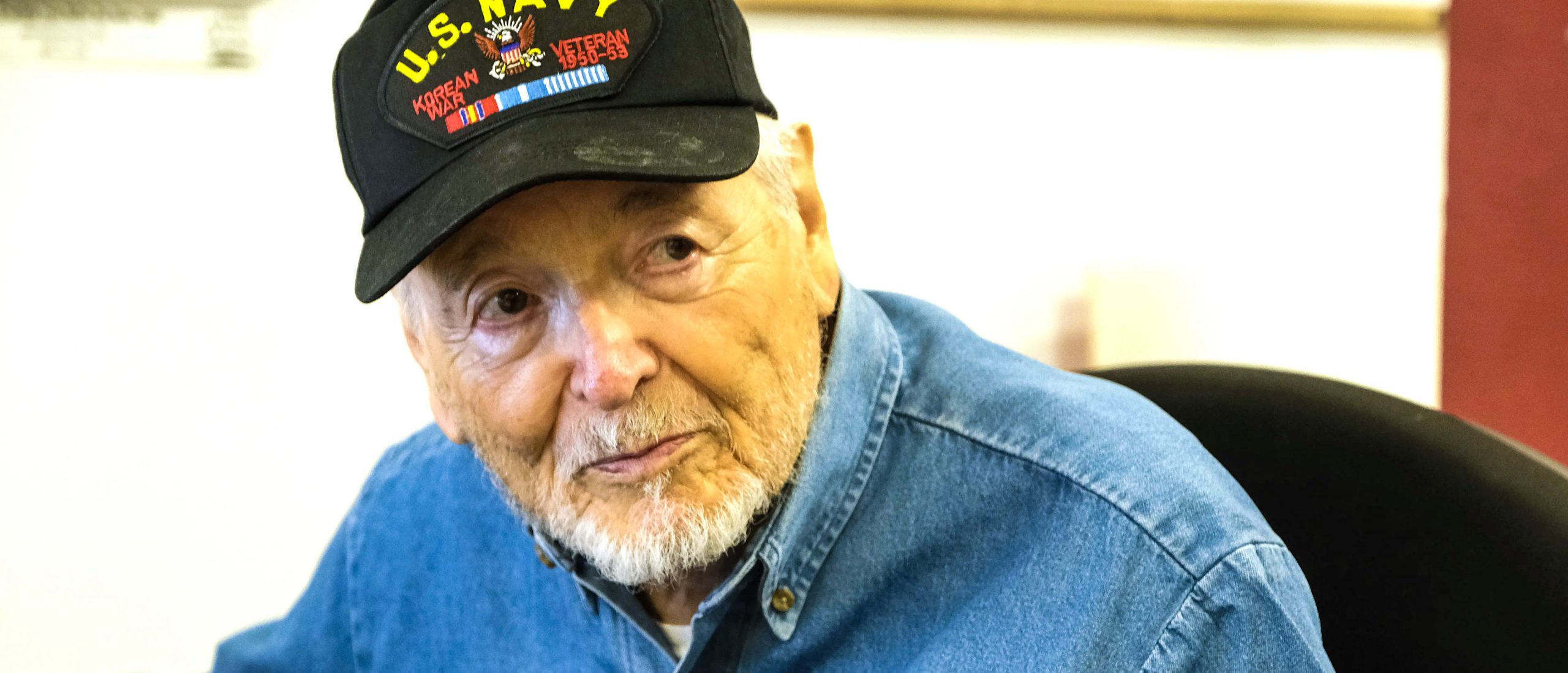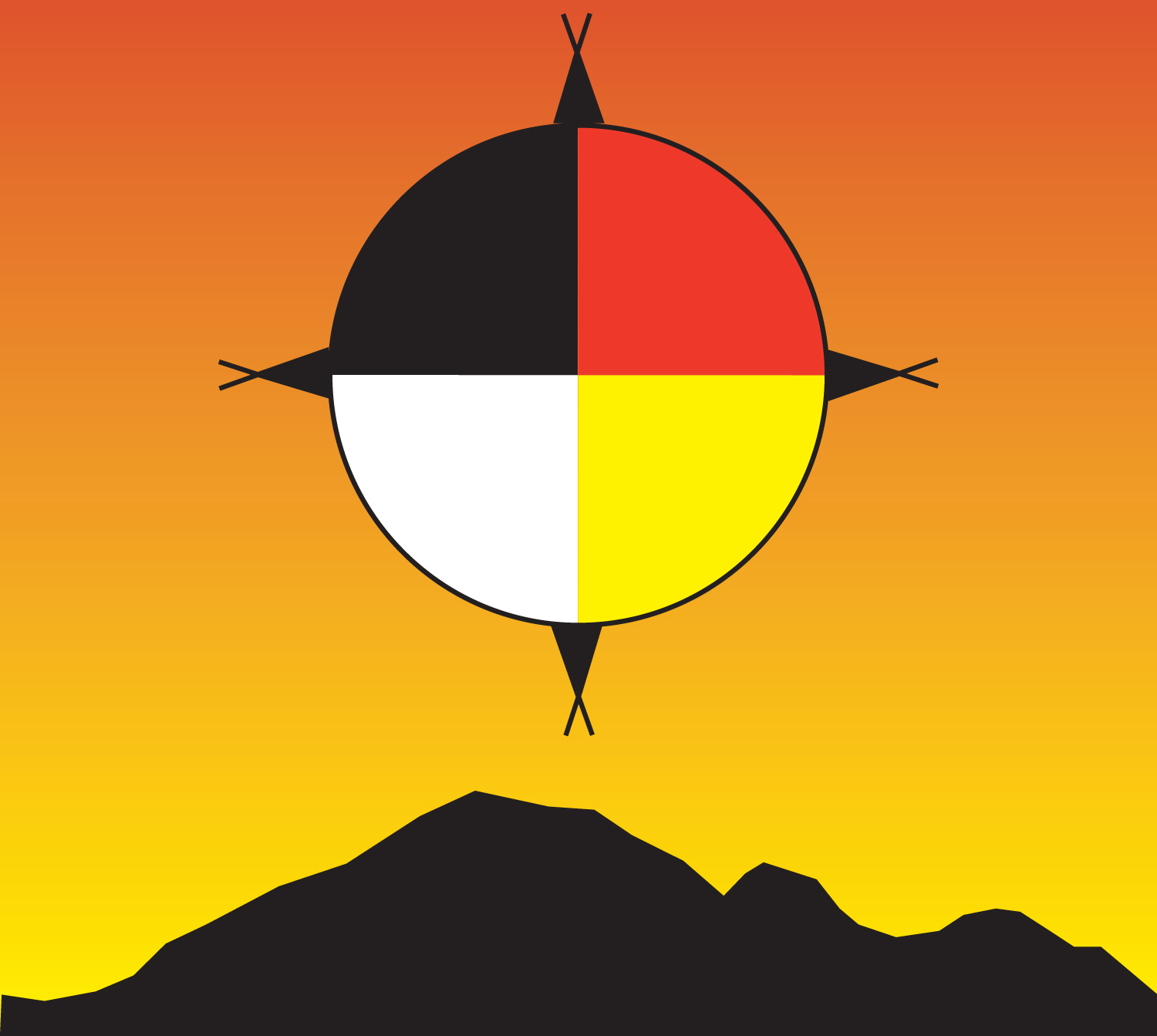Indianz.Com > News > Native Sun News Today: Tim Giago carved out a lasting legacy in Indian Country

Giago carved out a lasting legacy
Tuesday, August 2, 2022
Native Sun News Today Managing Editor
RAPID CITY, South Dakota — Tim Giago wore many hats in his long, eventful life. He was a son, a brother, an uncle, a grandfather, a sailor, a poet, a businessman, an entrepreneur, a talk show host, a journalist, an editor, an author, and a publisher. He was also a stickler for journalistic professionalism, and he would tell writers never to refer to the subjects of a story by anything but their surnames, but it is fitting to break from that maxim, now that his life story has come full circle.
Tim entered the spirit world on Sunday, July 24, at the age of 88.
Tim will be remembered for starting the first Indian owned and operated independent newspaper, the Lakota Times, in 1981; for starting the Native American Journalists Association in 1983; for winning the coveted H.L. Mencken Award in 1985 for his editorial writing, and for shaking hands with the late Governor George Mickelson in 1989 to seal the deal on the Year of Reconciliation, which led to the very first Native American Day in the nation.
NATIVE SUN NEWS TODAY
Support Native media!
Read the rest of the story on Native Sun News Today: Giago carved out a lasting legacy
Contact James Giago Davies at skindiesel@msn.com
Note: Copyright permission Native Sun News Today
Related Stories
Search
Filed Under
Tags
More Headlines
Ryman LeBeau: Native nations must remind America of the truth
Native America Calling: Storytelling season
Native America Calling: Tribes celebrate major landback wins
VIDEO: S.5355 – National Advisory Council on Indian Education Improvement Act
VIDEO: ‘Nothing about me, without me’
VIDEO: H.R.1101 – Lumbee Fairness Act
VIDEO: S.3857 – Jamul Indian Village Land Transfer Act
Native America Calling: A look at 2024 news from a Native perspective
AUDIO: ‘The Network Working Against the Lumbee Tribe’
VIDEO: ‘The Network Working Against the Lumbee Tribe’
Tribal homelands bill on agenda as 118th Congress comes to a close
Native America Calling: Solving school absenteeism
‘The time is now’: Lumbee Tribe sees movement on federal recognition bill
Cronkite News: Program expanded to cover traditional health care practices
NAFOA: 5 Things You Need to Know this Week
More Headlines
Native America Calling: Storytelling season
Native America Calling: Tribes celebrate major landback wins
VIDEO: S.5355 – National Advisory Council on Indian Education Improvement Act
VIDEO: ‘Nothing about me, without me’
VIDEO: H.R.1101 – Lumbee Fairness Act
VIDEO: S.3857 – Jamul Indian Village Land Transfer Act
Native America Calling: A look at 2024 news from a Native perspective
AUDIO: ‘The Network Working Against the Lumbee Tribe’
VIDEO: ‘The Network Working Against the Lumbee Tribe’
Tribal homelands bill on agenda as 118th Congress comes to a close
Native America Calling: Solving school absenteeism
‘The time is now’: Lumbee Tribe sees movement on federal recognition bill
Cronkite News: Program expanded to cover traditional health care practices
NAFOA: 5 Things You Need to Know this Week
More Headlines

